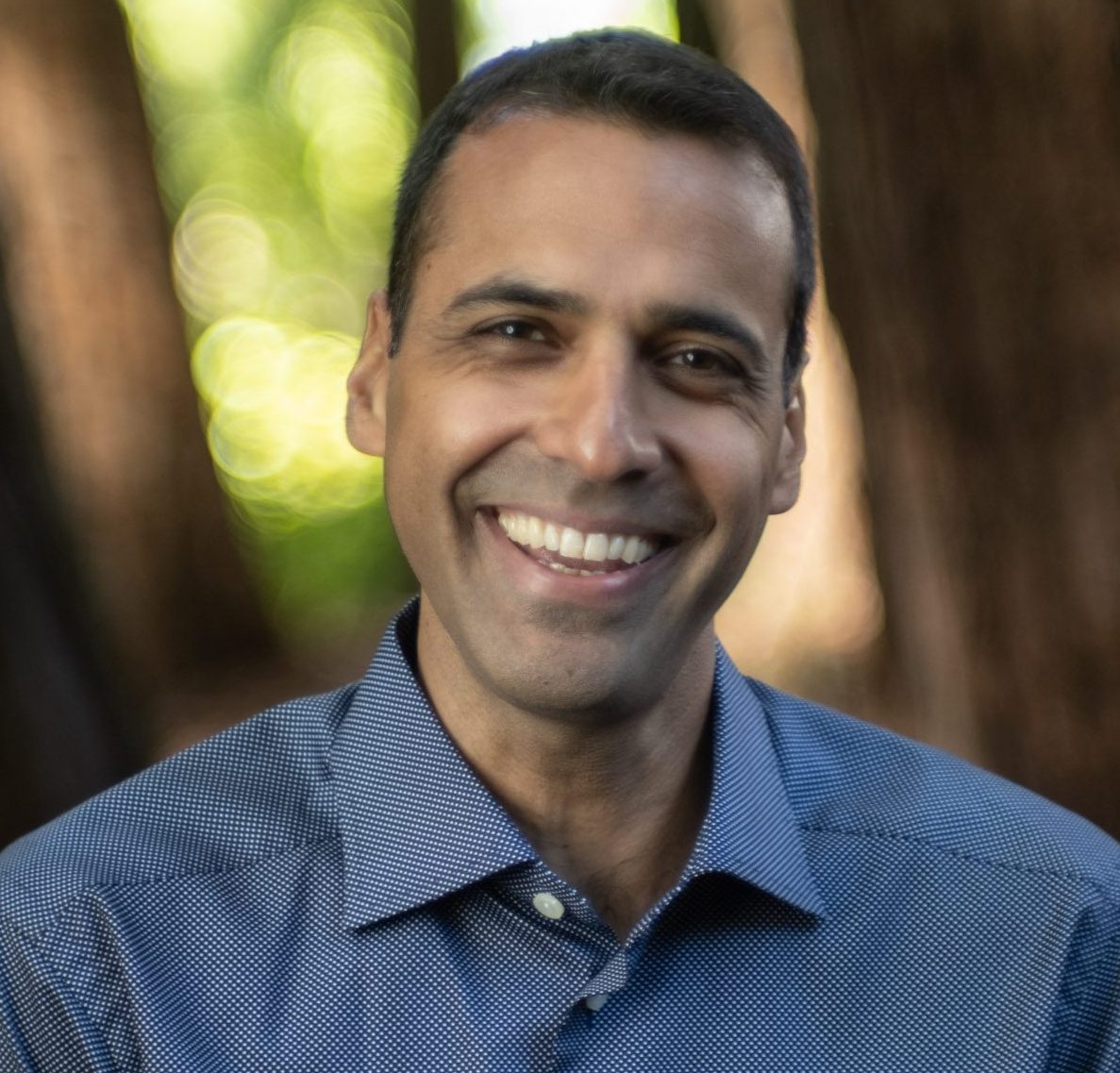Some might say I’ve got a lot of energy. If we met in person, you’d perceive my passion immediately.
After all, it comes through like a freight train.
As the CEO of a commercial analytics consultancy working with large brands, I’ve worked for many years to “tone down” that energy when it surged. I’ve continually suppressed my natural rhythm to conform to societal and business norms.
However, I learned a crucial lesson this summer.
I recently traveled to Mexico on a long weekend holiday with my wife, and during several of the days, I felt a huge creative surge come through me.
My previous self would have worked to push that energy down, telling myself, “Hey, you’re on vacation. You’re here to relax—not devote mindshare and energy to ideas like this.”
Instead, I let the energy flow and generated a wealth of ideas.
The result: I felt far more energized and rested after those couple of days than if I had tried to push the creative energy away. After decades of conforming my energy to everyone else’s schedule and sensibilities, I finally learned that trying to “tone it down” makes me more exhausted versus channeling the energy into something beneficial for me and for those around me.
The counter-balance to allowing this “yang” energy to flow is that when the “freight train energy” is not flowing, I shouldn’t push myself to unnecessarily start it. Don’t let the “hey, you’re being lazy, get off your butt and work” voice take charge. Instead, I am now allowing this downtime “yin energy” to enter my life—even if it happens to occur on say, Tuesday afternoon.
Being an entrepreneur and running my own business, I often have the ability to manage my own schedule. If there are no meetings or important commitments, I am learning to honor yin energy time, and to not push unless it’s absolutely required.
However, this ability hinges on listening to the very clear signals your body is giving you. Many people—especially type-A personalities in the business world—don’t allow themselves this practice. Their schedule and, subsequently, their energy is dictated by budget meetings, engineering schedules, and client calls.
In fact, in one of the first conversations I had with my meditation teacher, he conveyed the importance of listening during my meditation practice. I’ve taken this very seriously and have made amazing progress by incorporating this simple thing in my everyday practice.
With this experiment in not toning it down and listening to my body’s natural energy flow, I’ve seen an increase in happiness, time, and output with both my business and my family.


